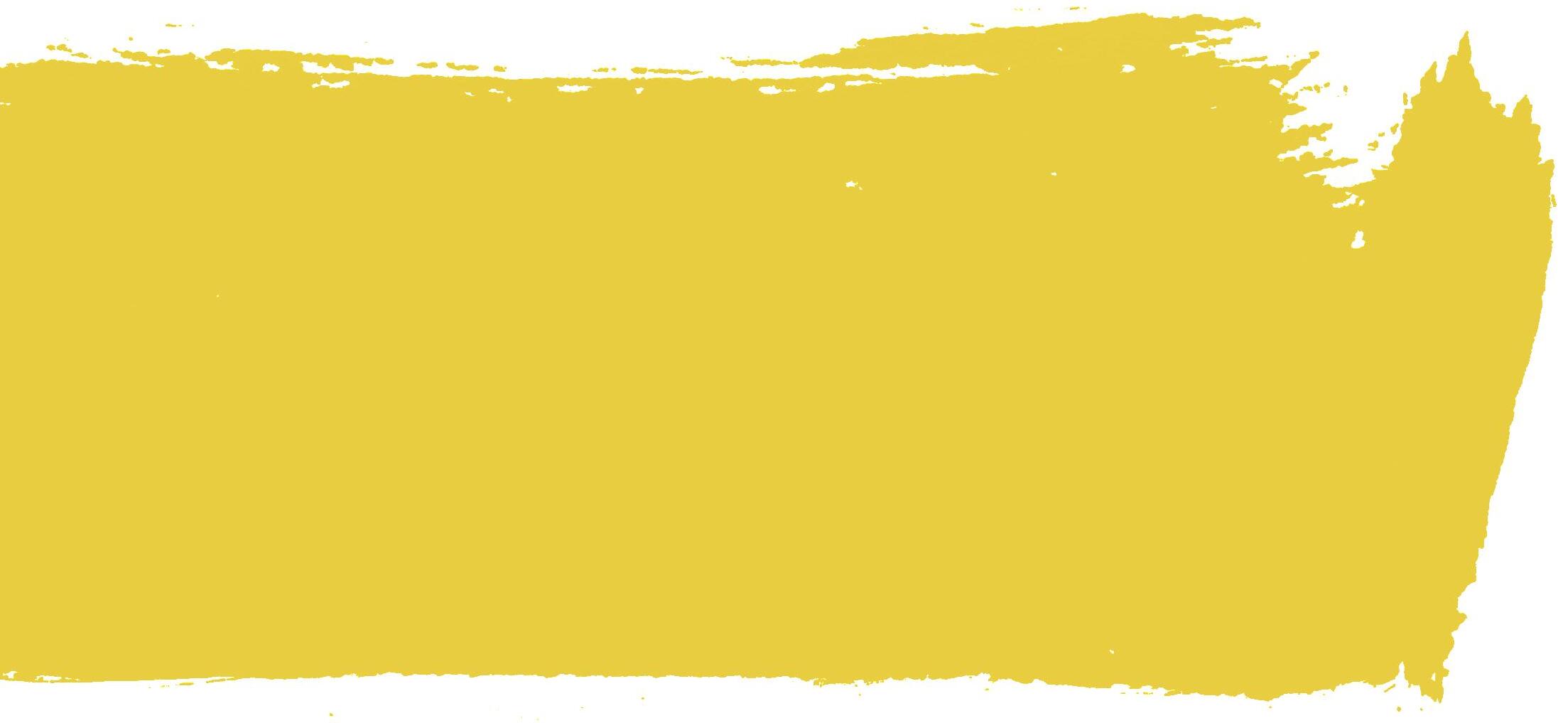2 4
COULD YOU FIX A PLANE?
6 WIN A £30 AMAZON VOUCHER


‘BEATEN EVERY 30 SECONDS’


2 4
COULD YOU FIX A PLANE?
6 WIN A £30 AMAZON VOUCHER


‘BEATEN EVERY 30 SECONDS’

SUPERHERO OR ENGINEER — COULD YOU FIX A PLANE?
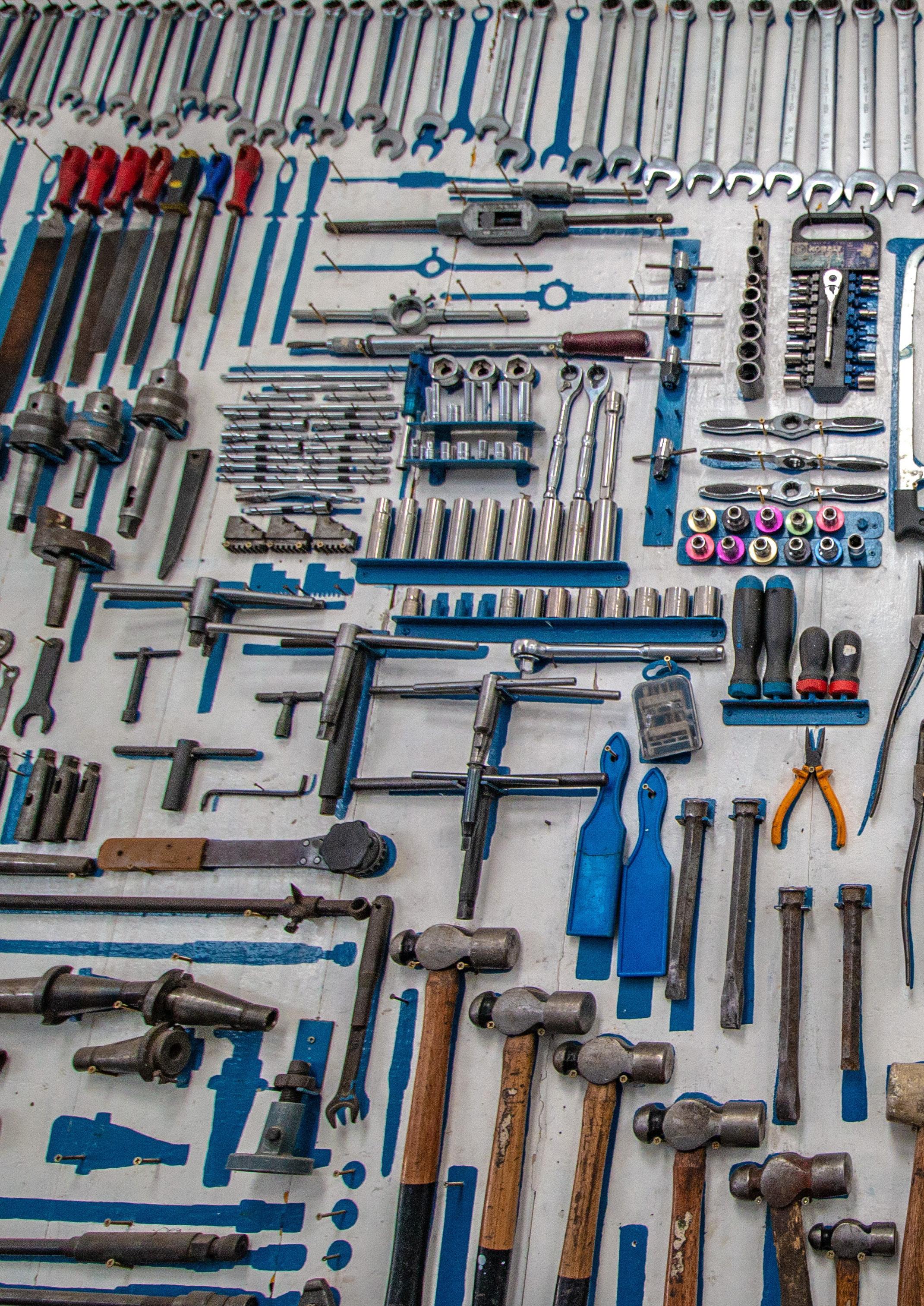
Read how MAF Aircraft Engineer Mark Newnham got into aviation engineering, and what qualities and experience you need to become a great engineer.
WITH ENGINEERING THERE’S A LOT TO LEARN. HAVE YOU ALWAYS LIKED STUDYING?
MARK: Actually, I never liked school — I endured it. But I did like fiddling and fixing things. I’d always be tinkering with this and that. So, it was my love of fixing things that led me to engineering and then MAF. And I’ve never looked back!
WHAT WAS YOUR JOURNEY INTO MAF?
MARK: I got an apprenticeship for an engineering company and that set me on a course for a job in engineering. I wanted to serve somewhere I’d be needed — to be part of God’s plan. So my wife and I wrote to ten organisations, asking, 'Can you use us/ our skills?'
One said, 'No', and two said, 'Yes, but you need more training.' One of these was MAF. We did the interviews, and things just took off from there. This was clearly the course God wanted us to take!
Mark and Sarah with their children
Originally from:Gillingham, Kent
MAF base: Nairobi, Kenya

Job title: Area Head of Maintenance



Time with MAF: 18 years
WHAT WAS IT THAT ATTRACTED YOU TO MAF?
MARK: I'm not the kind of person to be up in front of a church speaking and going into communities evangelising. That’s not where my skills lie. But working with MAF meant that I could have an impact on the mission field, which would then enable other missions to do their work better, more efficiently.

WHAT DOES YOUR ROLE INVOLVE?
MARK: As Area Head of Maintenance in MAF Kenya, I oversee maintenance across MAF operations in Kenya, South Sudan, Tanzania and Chad — making sure that maintenance is scheduled and carried out to a high standard. If a plane breaks down

away from our base, my role is pivotal in finding a solution. Communication skills are key.
MARK: Engineers obviously have professional qualifications and experience, but at MAF you also need to be adaptable. Sometimes we don’t have parts available for the next day like we do in Europe, so we have to swap parts between aircraft to keep them flying.
If we don't have a specific tool, we might end up making one! Skills beyond fixing aircraft are required. You need to think outside the box and come up with creative solutions that are safe and legal.

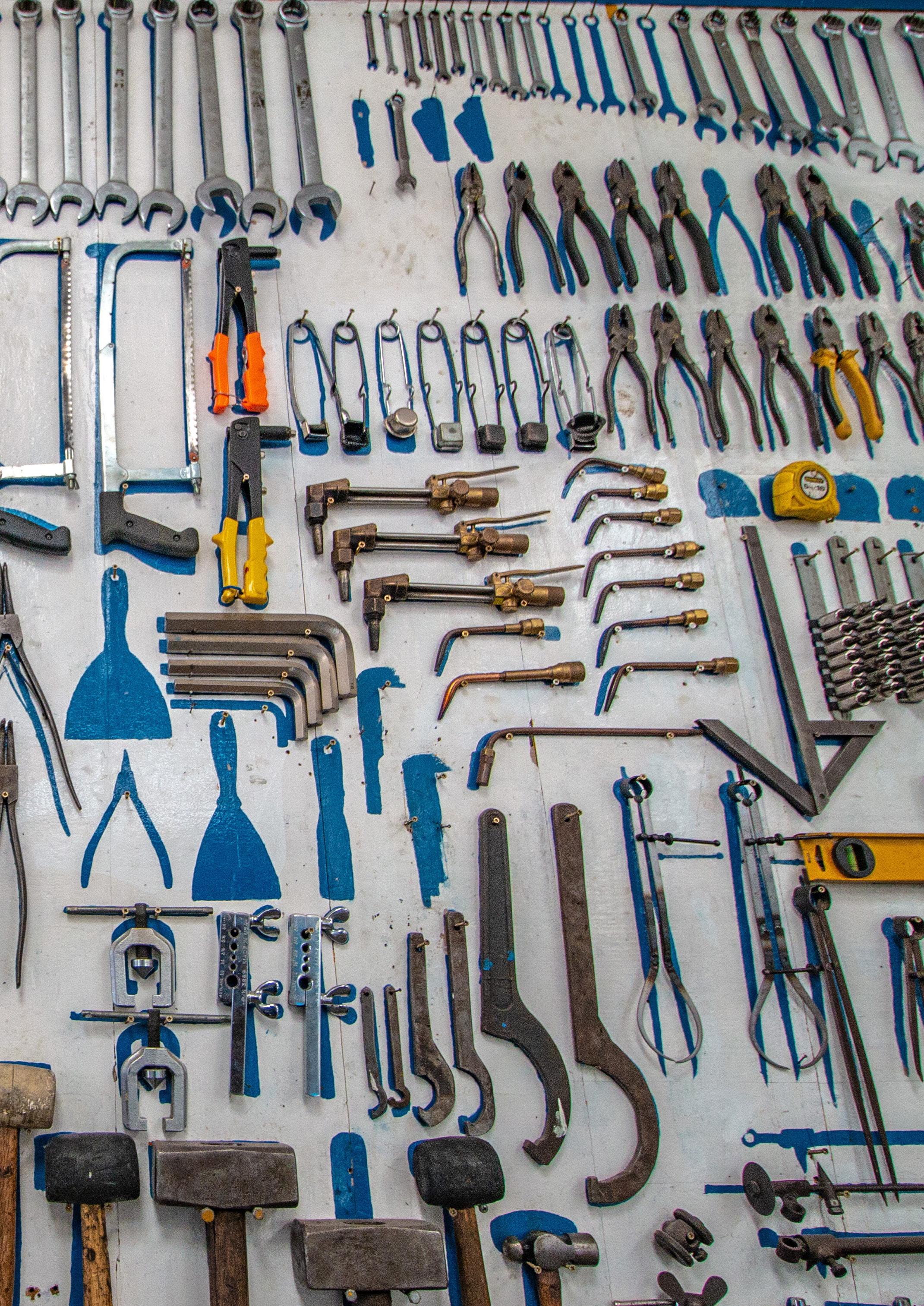
MARK: I love being involved with other MAF programmes and having a positive impact across the region. Even though we are different people from different backgrounds, everyone desires to work together and do what it takes to keep our planes flying safely.
MARK: Working in an international team does have its challenges, but it’s nothing God can’t overcome. I’m working outside my comfort zone, so I’ve learnt to rely more on God and the people around me than if I’d been working in the UK. Together, we can be more effective and make a difference.

MARK: Don't feel you need to be someone who's amazing — we’re just ordinary people! Yes, you need to have the skills, passion and calling, but you don't have to be Superman! God has equipped me, but I can always improve.
It’s not always easy and at times we’ve faced life’s turbulence. But, through it all, we’ve known God’s sustaining hand and remembered His call to us. For me, it's more than just a job, it's God's plan
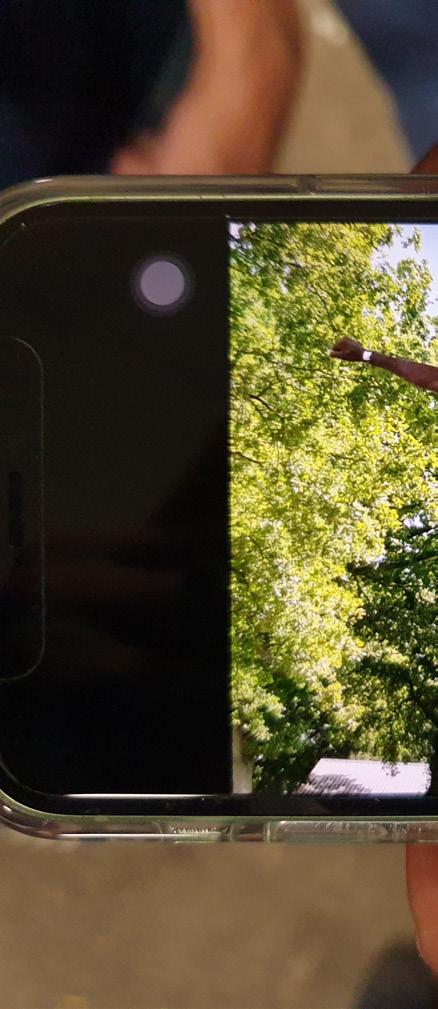
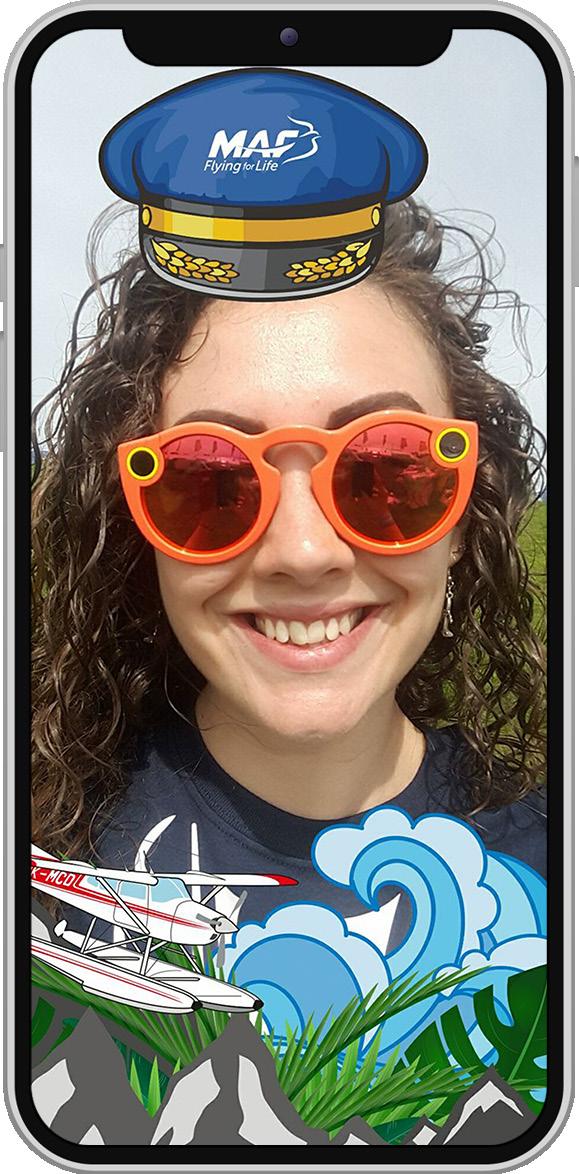

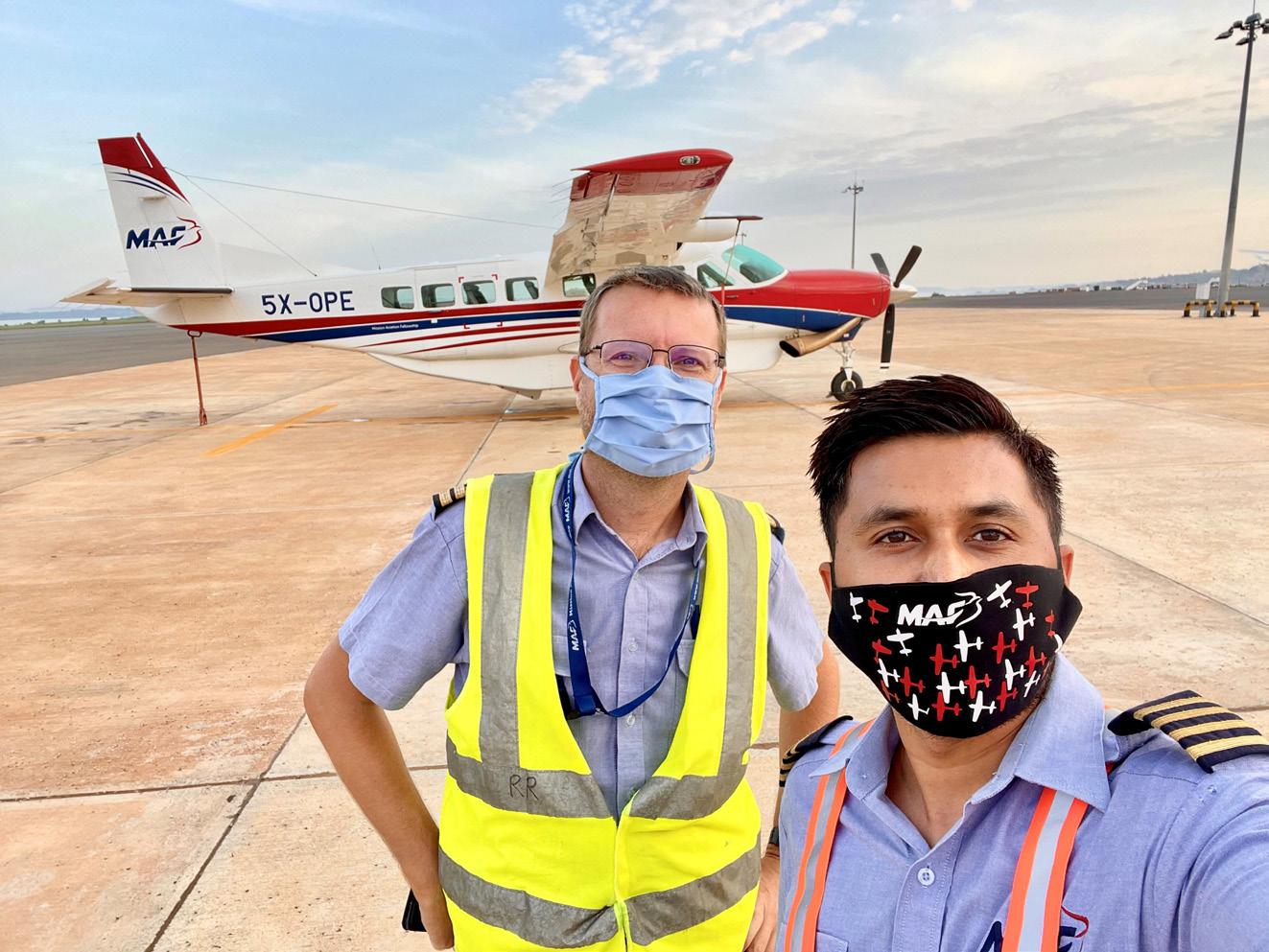

The winner will be picked at random on Friday 31 March 2023, so please send your answers by 9am that day.

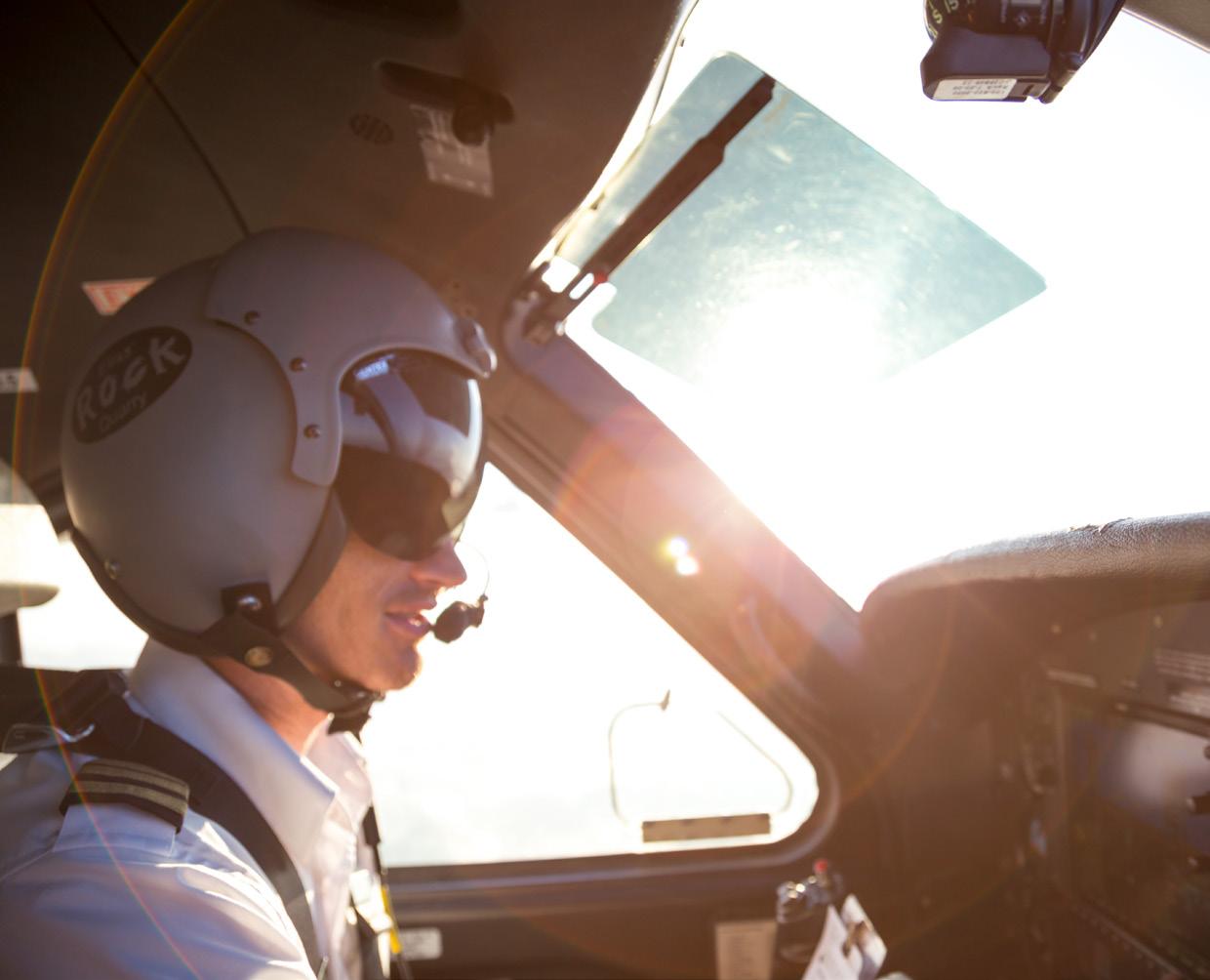

To enter, snap us, or send your entry to mafyouth@maf-uk.org
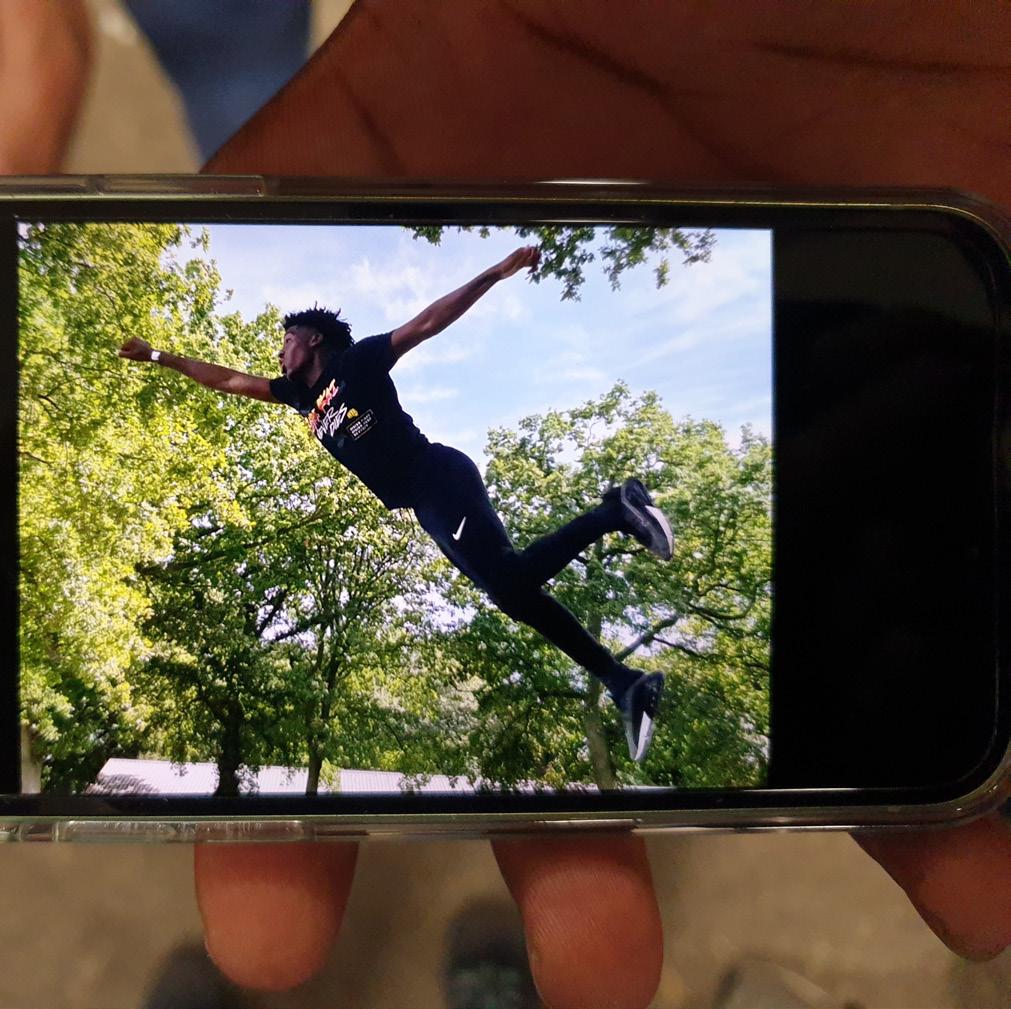


**Warning, this article contains issues about domestic violence which may upset some people**
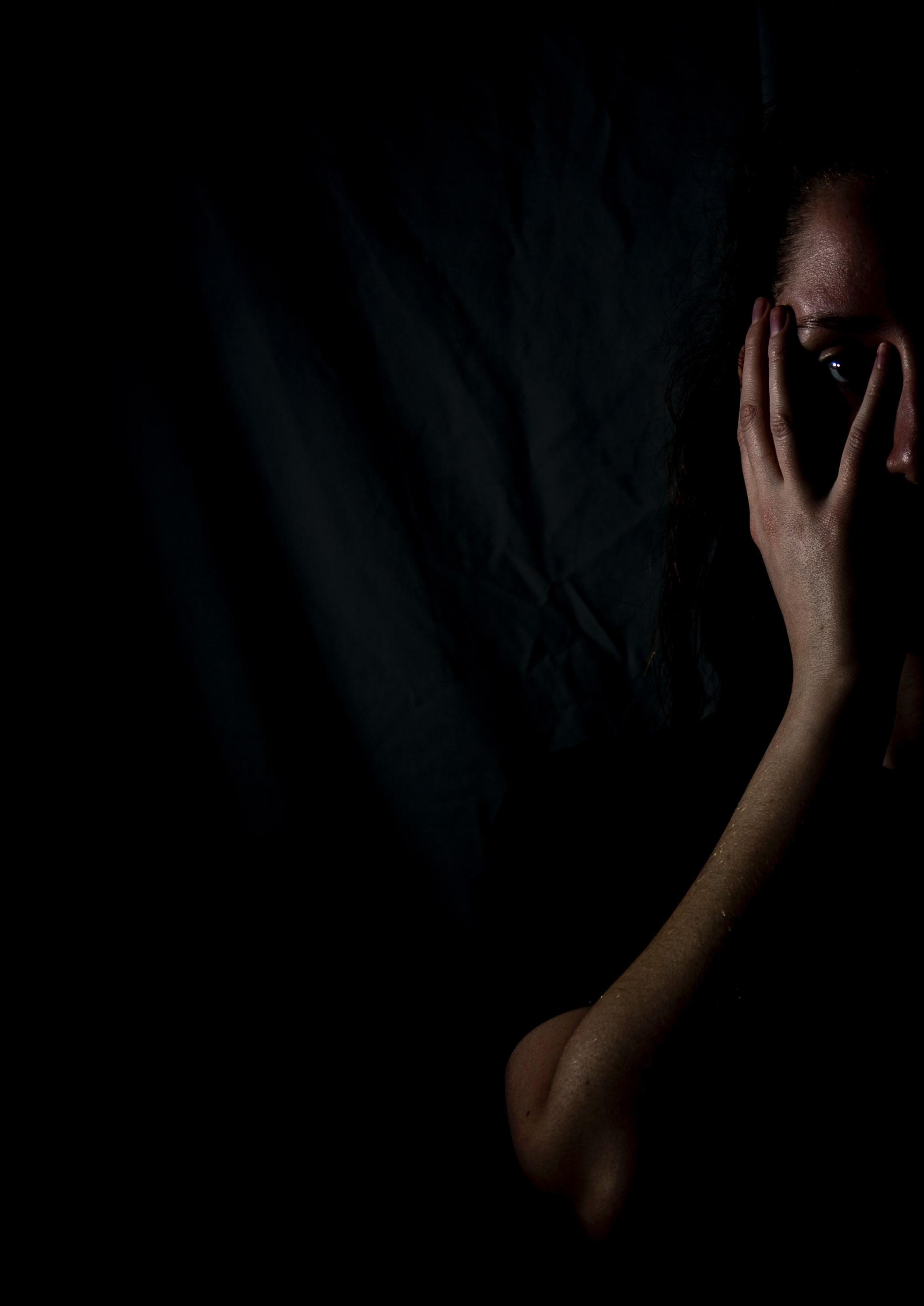
Gender equality and the idea that men and women are equal to one another is something that probably seems really simple and straightforward. After all, as it says in Genesis, both were created in the image of God, in His likeness.
Unfortunately, however, there are still areas of the world where this belief isn’t held. Places where not only are men and women not seen as equals, but violence against women remains commonplace.
Papua New Guinea (PNG) is currently one of those countries.
Violence against women in PNG is a huge problem. According to Human Rights Watch, a woman is beaten there every 30 seconds.
Now that’s an incredibly shocking statistic — but there is hope. In an attempt to challenge this situation, MAF PNG is working on a new partnership with a Christian organisation called Bread for the World. The aim is to shift the narrative of gender equality and bring an end to violence against women.
The collaboration uses a programme from the PNG Tribal Foundation called Senisim Pasin (‘Change Our Ways’), a community based training programme that aims to prevent gender-based violence.
With 7 out of 10 women in PNG subjected to gender-based violence in their lifetime, vast numbers of mothers, sisters, daughters and partners are endangered by such cruelty.
Fortunately, Change Our Ways is a national campaign specifically designed to change thinking and cultural attitudes about how woman are treated in PNG. It’s centred
'So God created mankind in His own image, in the image of God He created them; male and female He created them'
(GENESIS 1:27)
around a powerful documentary that invites men, women and children to ‘change their ways’.
The initiative takes a positive and innovative approach to the dark subject of gender-based violence, leaving participants wanting to be part of a movement that brings about change.
It’s built on the belief that PNG’s people can improve the way in which women are viewed in society, with positive change already taking place.
MAF supports this fast growing movement by helping people to access PNG’s remote and hard-to-reach areas with this powerful call for transformation.


The aim is to help stop violence against women, improve the way they’re regarded in society, and protect those wrongly accused of witchcraft and sorcery.
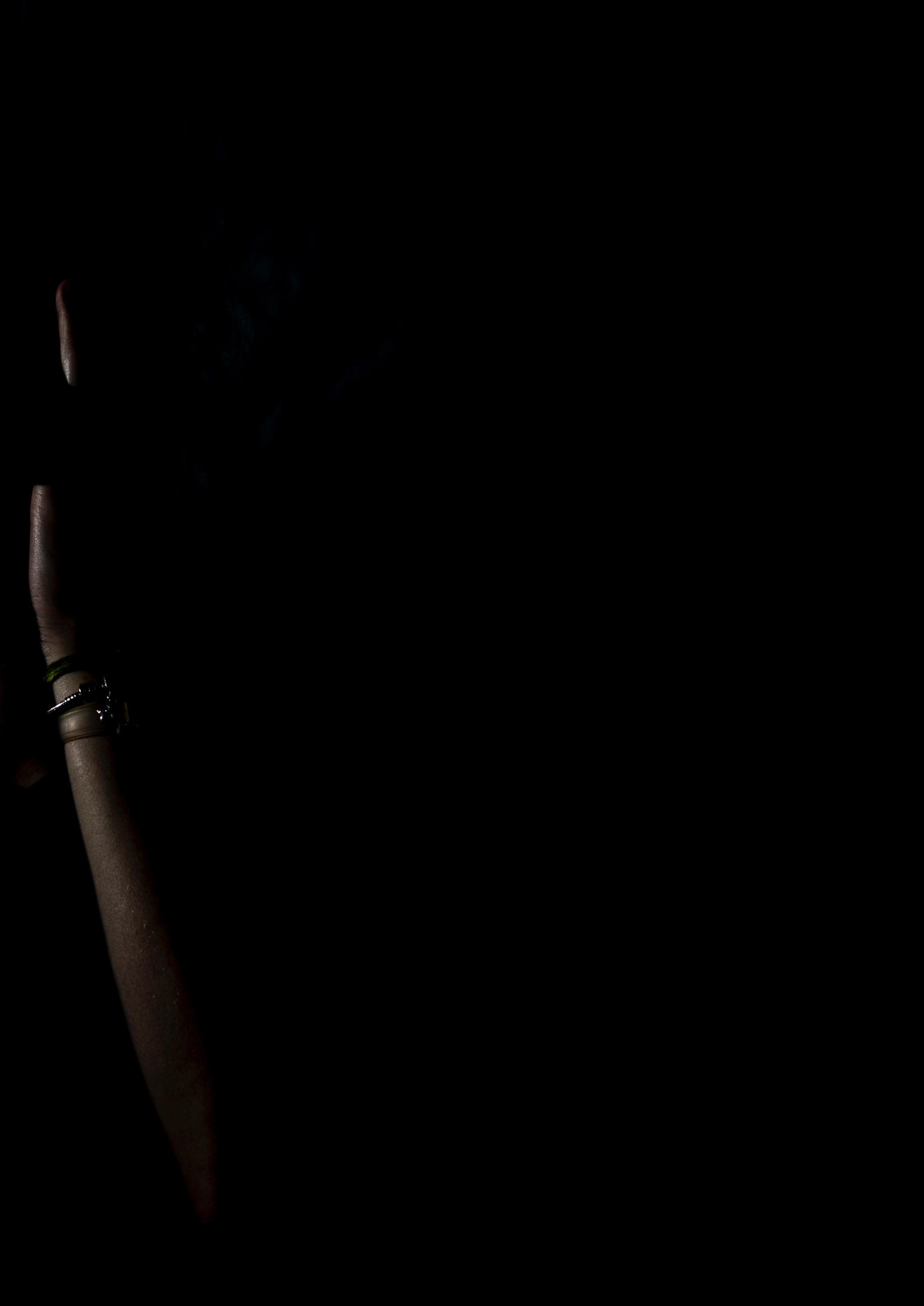
Last month, the first outreach took place in Pyarulama, where staff forged connections with the community by playing sports, holding survey groups to understand people’s needs, and showing the Change Our Ways film to more than 200 people. This was then followed by a discussion about gender-based violence and possible solutions.
At the end of the evening, 43 people signed the Change Our Ways pledge and took a step forward to help change their community — a really encouraging response!
MAF PNG, which will soon be returning to Pyarulama for a follow-up visit, will be taking the programme into five more remote areas later this year.

So, although it seems as if there’s still a long way to go — with the help of MAF — Change Our Ways is sowing seeds of change that are transforming PNG’s communities. Follow www.instagram. com/senisimpasin and help them become a catalyst for change!
For the 43 people who signed the pledge at Pyarulama. Pray too that others will follow their lead and that the things they’ve heard will stay with them and be taken to heart.
That the outreach programmes in the five new areas will change lives, with many more people signing up to the Change Our Ways pledge.
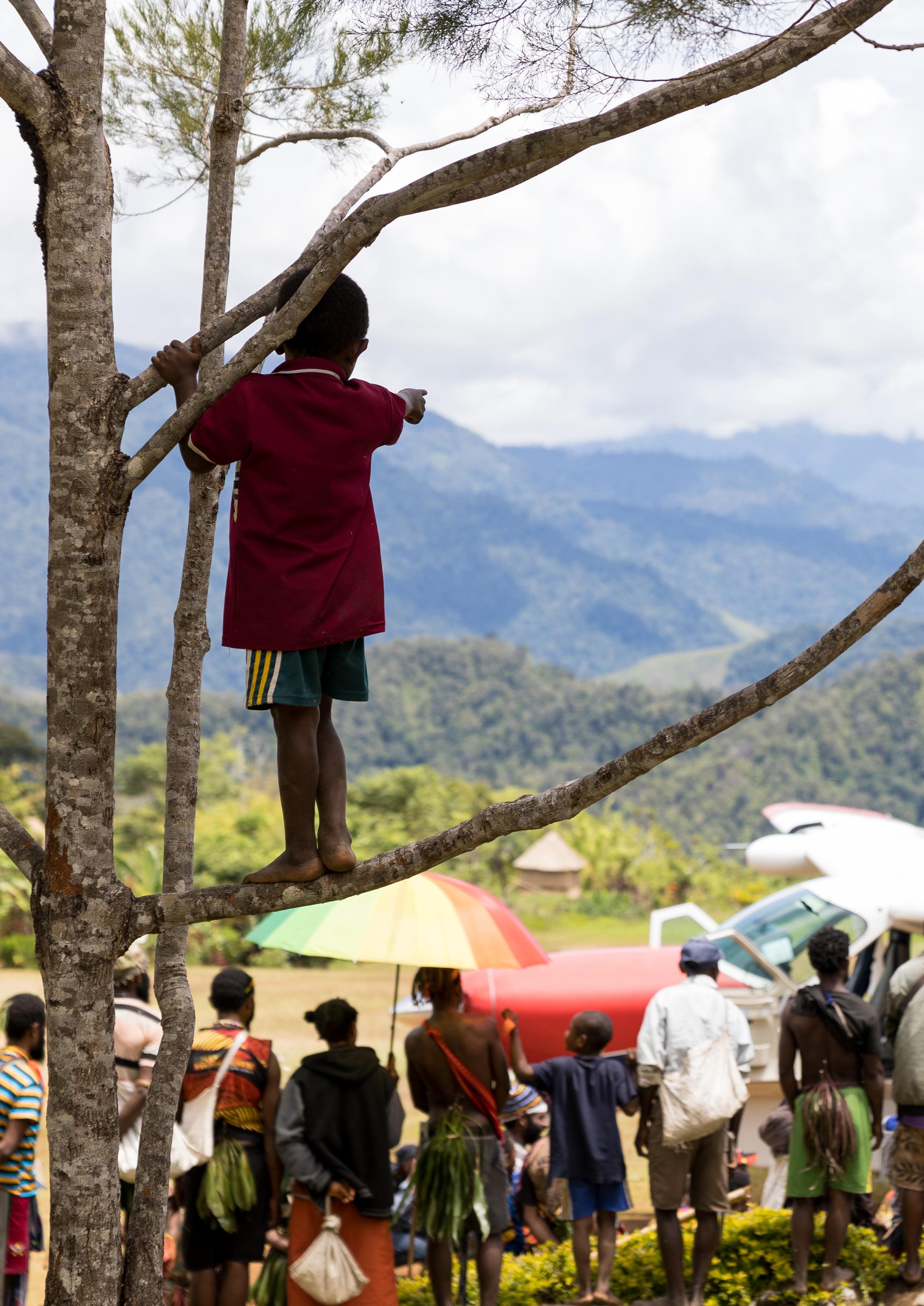
Known
Please pray protection over the woman of PNG, and for an end to gender-based violence.
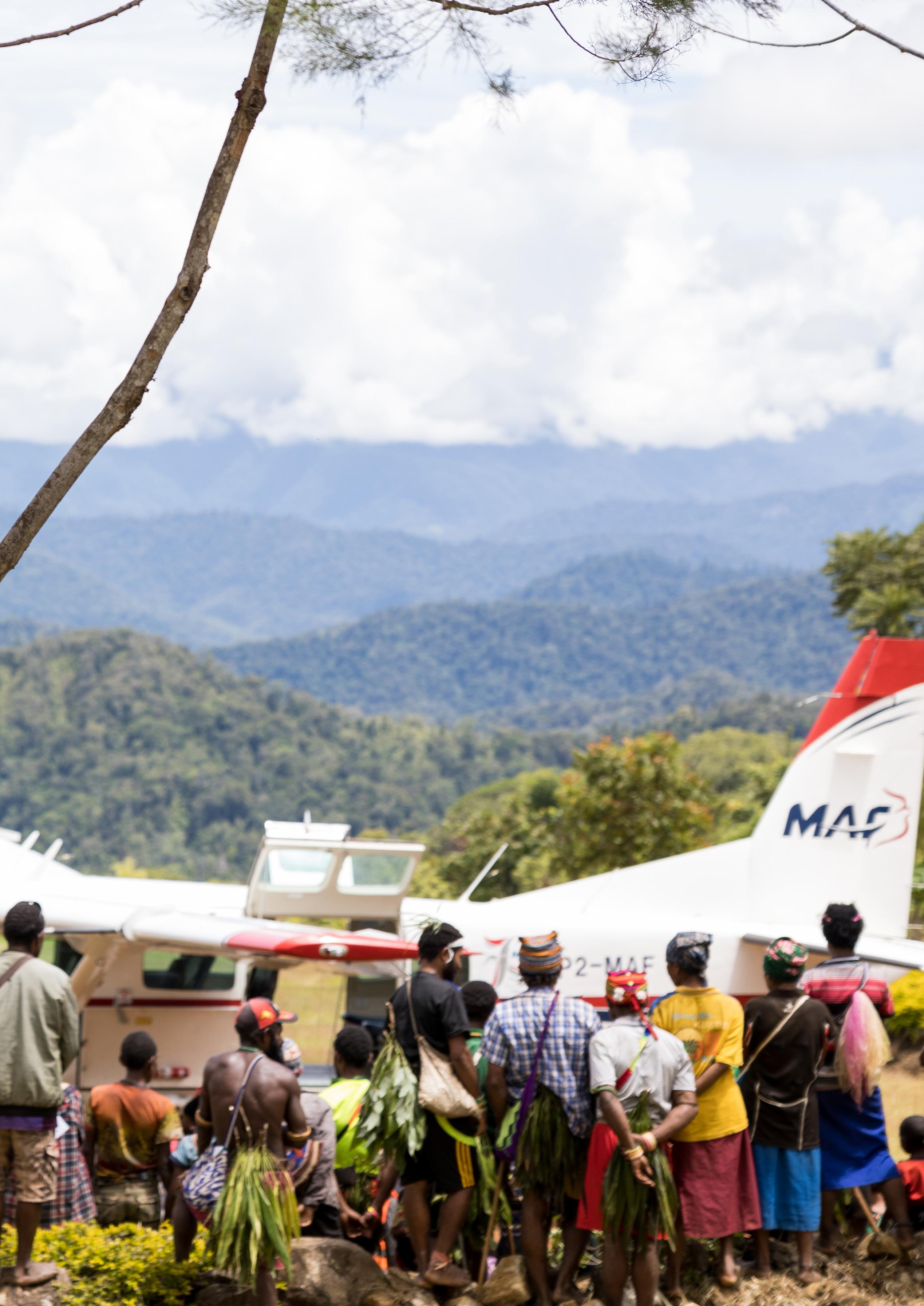
According to the WHO (World Health Organisation), polio is a highly infectious, incurable yet preventable disease, which mainly affects children under the age of five. Caused by the poliovirus, it can infect the spinal cord — causing permanent paralysis or even death.
You may not be aware that polio had once been a problem in the UK — with the last outbreak of the disease occurring in the late 1970s.
Nowadays, the polio vaccine is offered to all babies from two months old as part of the NHS’s routine immunisation programme.
It’s been so effective that the last case of naturally occurring polio in the UK was in 1984, with Europe declared polio free in 2002!
Sadly, polio returned to Malawi this year, the nation having been free from the disease for 30 years. Although Africa as a whole was only declared polio free in 2020, in just a few months this year, 250 children have been paralysed by polio across the continent. This calamity has resulted in humanitarian organisations such as the WHO, UNICEF and others collaborating to action the critical Global Polio Eradication Initiative across the region.
Polio is caught by contact with faeces (poo) from an infected person, or from them sneezing or coughing. Nice!
Already, millions of vaccine doses have
treatmentSewerageplants routinely check poo samples for the poliovirus in the UK. Future job anyone?
been distributed in Tanzania, Zambia, Zimbabwe, Mozambique and Malawi. Although Tanzania was declared polio free in 2015, a single infection in a neighbouring country poses an enormous risk to every child.
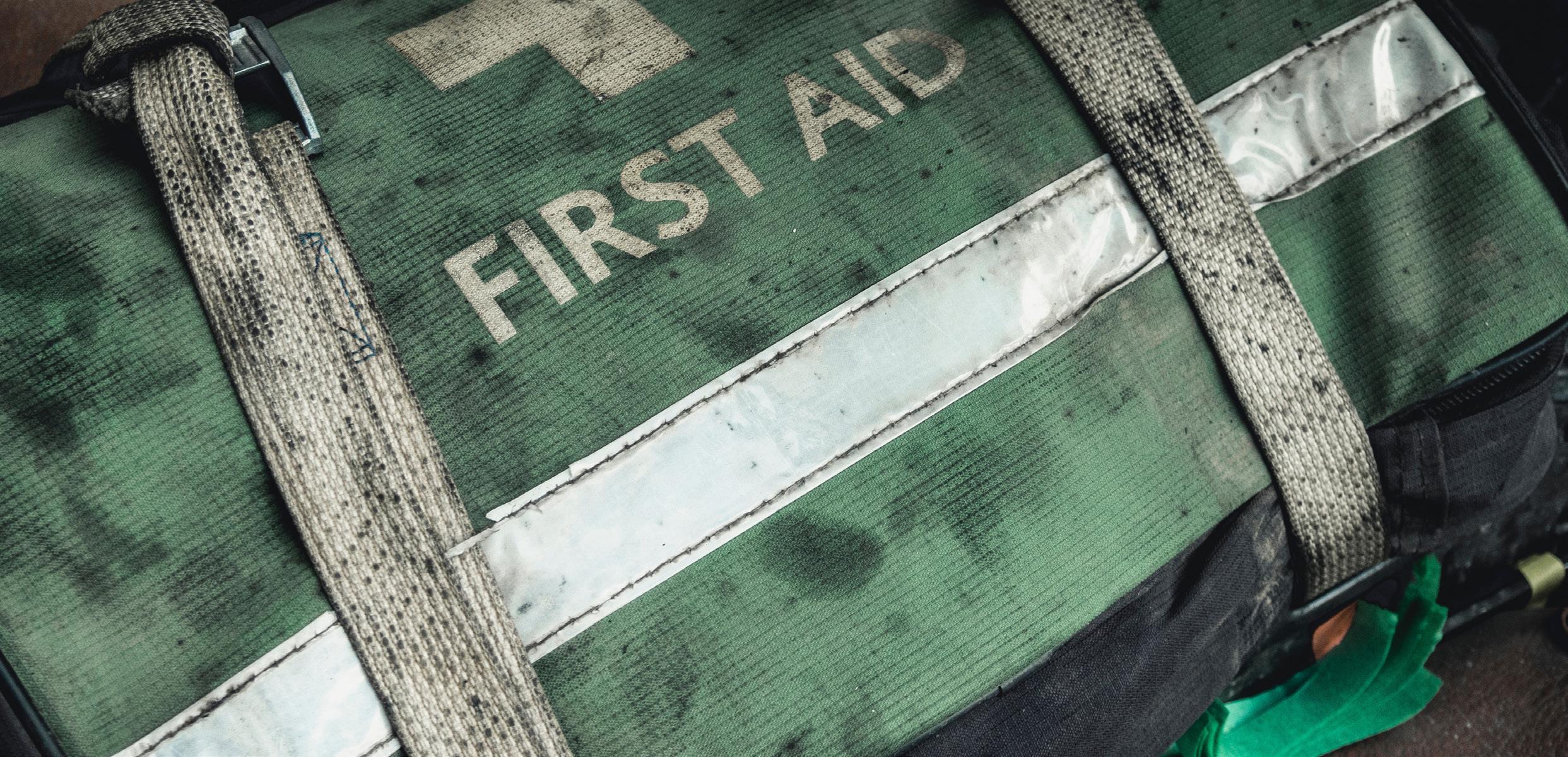
Every month, MAF flies medical personnel to various locations in South Maasai, giving local communities access to healthcare. MAF’s South Maasai medical flights, which has been running since 1977, jumped into action to vaccinate children in a hard-to-reach area in north-eastern Tanzania.

Did you know, you can poop a panda?
Scientists say that the average person poops 400g a day –which amounts to 320kg over the course of a year – the same weight as… you guessed it!
Pilot Eivind Lindtjørn was more than happy to fly the medics.
Taking off from Same near the Kenyan border, Eivind flew the medical team and their cargo of vaccines to the remote village of Lesirwai to immunise children under five. Youngsters who wouldn’t have been vaccinated without MAF’s help.



According to the WHO — thanks to MAF’s support — Tanzania’s Ministry of Health successfully completed its second round of vaccinations over several days, reaching more than 12 million children in all 195 districts, which includes those living in remote areas.

Once again, the race to completely wipe out polio is on, and MAF is proud to be part of that fight!
A baby being vaccinated against polio
 Waiting in the shade of a tree
Waiting in the shade of a tree
Ever heard of the Guinea worm? We hadn’t either, until recently! It’s a parasite that causes the tropical Guinea worm disease that used to be common in remote areas across Africa.
Thankfully, today it’s been pretty much eradicated in every country except Chad and South Sudan.
People catch it by drinking unfiltered water that contain Guinea worm larvae — usually from ponds — and it can take up to a year for the symptoms to start.
Although it’s rarely fatal, it can cause severe pain and immobility for months at a time.
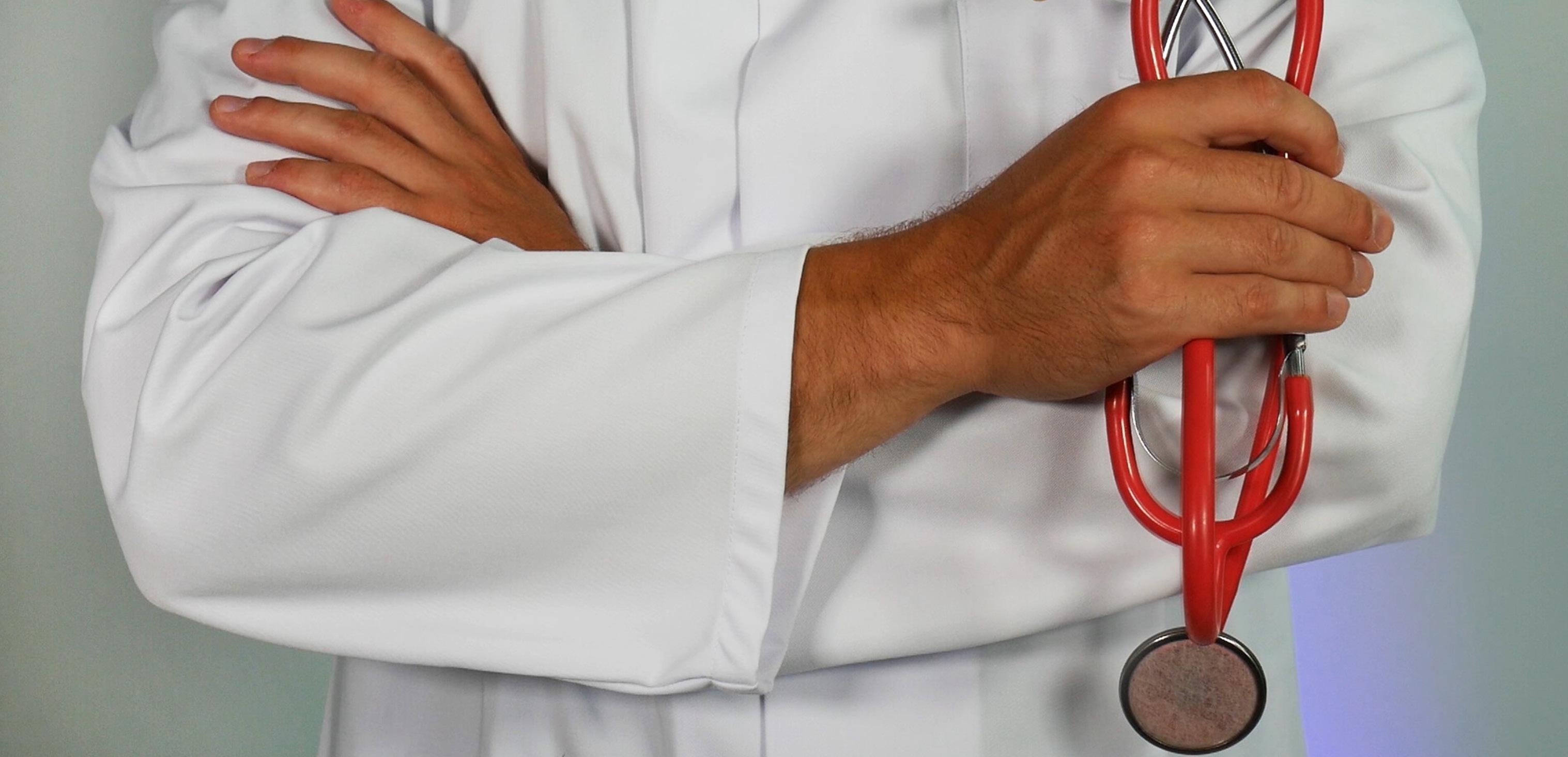
The worms literally grow inside the body until they’re mature, then they burst out of the skin — usually from the lower leg! (Sounds like something out of Aliens!)
And, because it’s caught from stagnant water sources, the disease affects people in rural, isolated communities.
The
medinensis – the Guinea worm’s real name – can grow up to 80cm in length!
In South Sudan, Pilot Reuben Vermeulen (pictured above) recently flew passengers from the Carter Center to Lafon County in Eastern Equatoria to celebrate the opening of a new clinic and tell people how to prevent Guinea worm infections.


They are tackling the disease through a combination of observation, education, improved access to healthcare, and by distributing pipe filters to the people most at risk.
It’s hoped that this will soon become the second human disease after smallpox to be eradicated. Now that really would be something worth celebrating!
I call on you, my God, for you will answer me; turn your ear to me and hear my prayer PSALM 17:6 (NIV)
For Change Our Ways to have a national impact across PNG.
For MAF Aircraft Engineer Mark Newnham, and his family serving in Kenya
That Africa could once again become a polio free continent!
Any prayer needs? Snap us your requests — we'd love to pray for you !

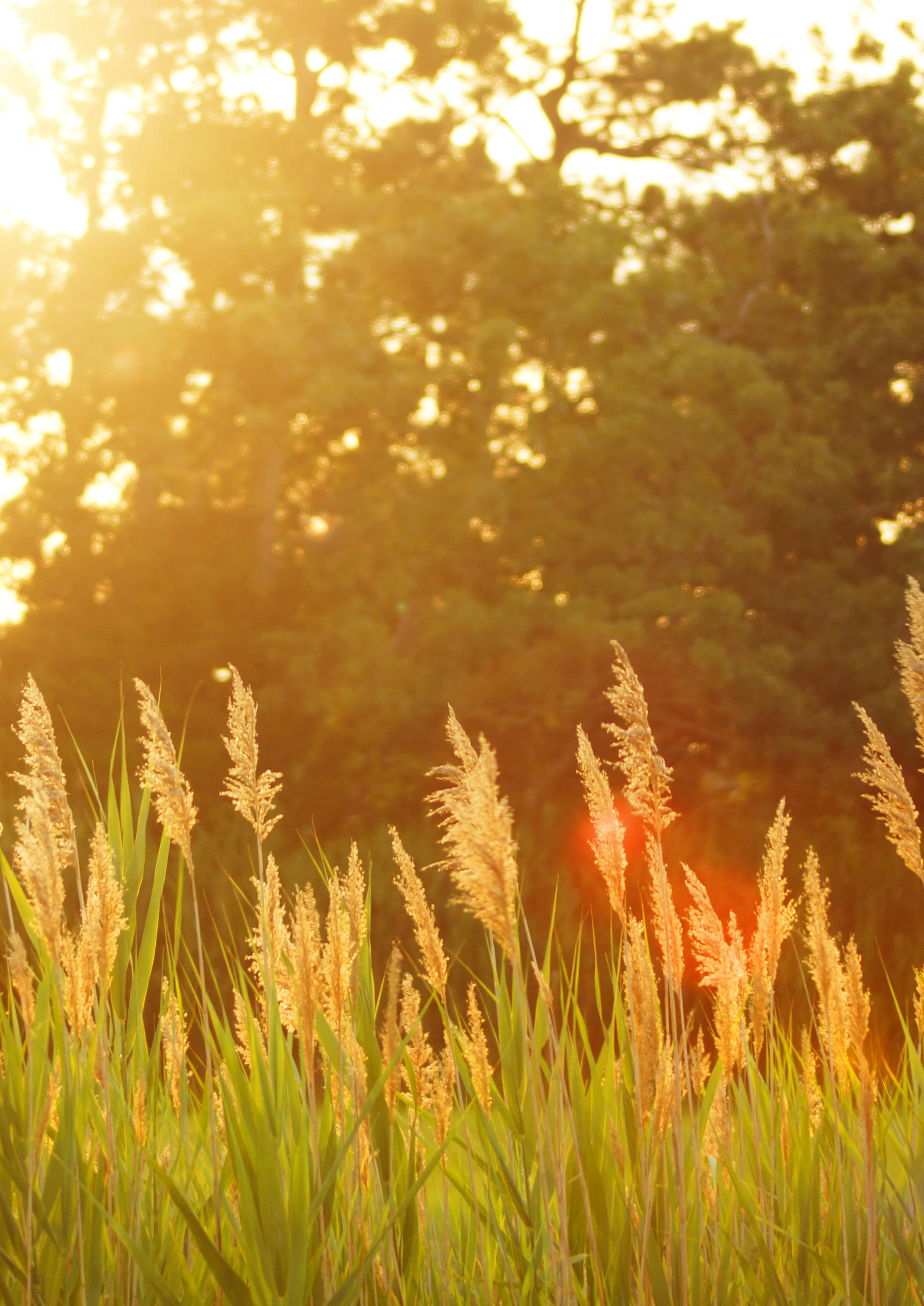

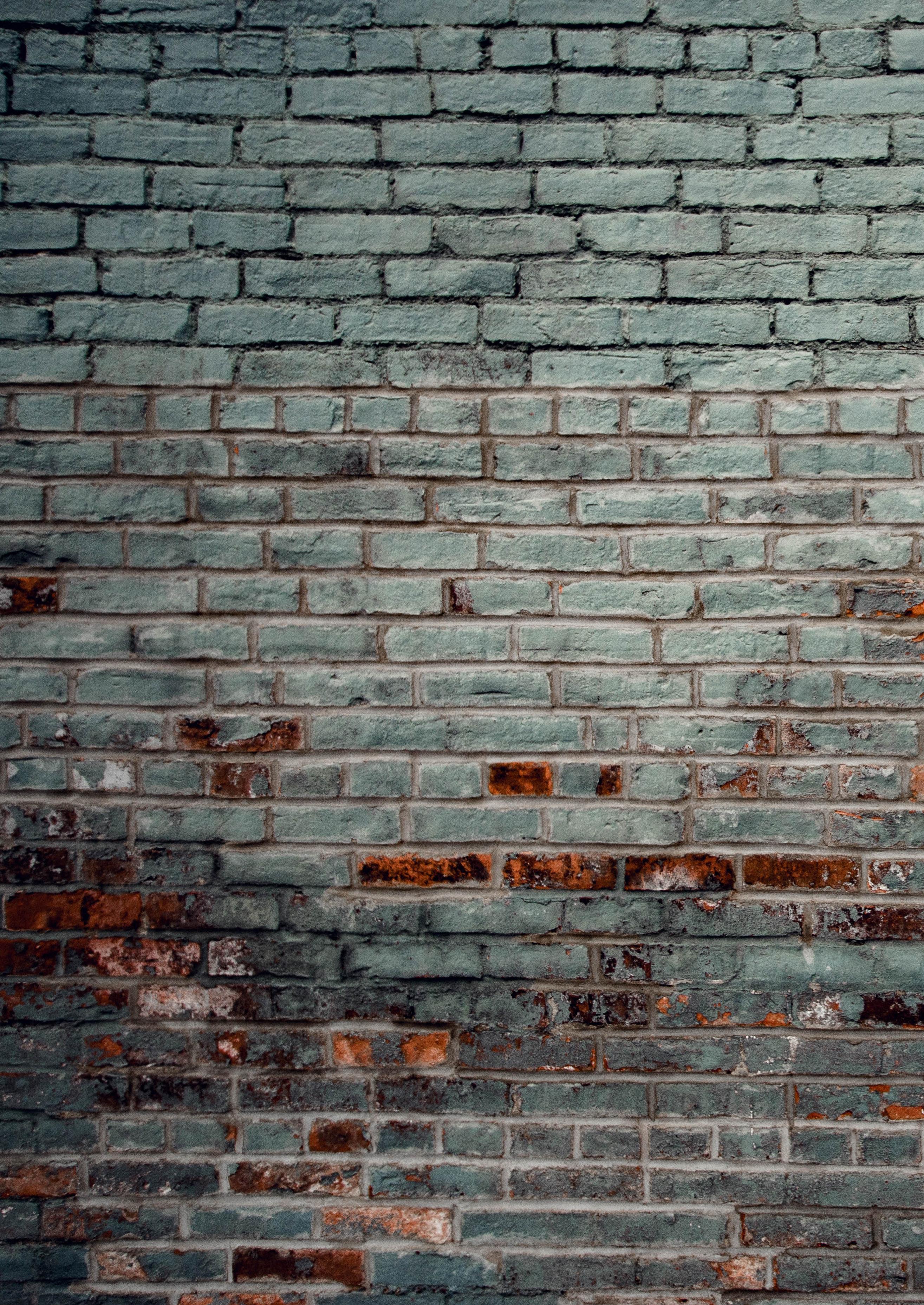

Drymenstudent’sSchool in Scotland, who won the Hot Choc hamper!
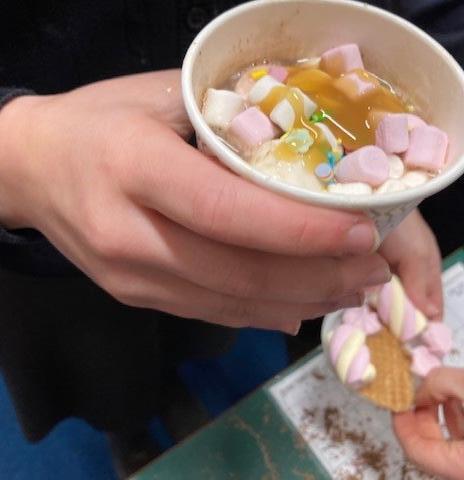
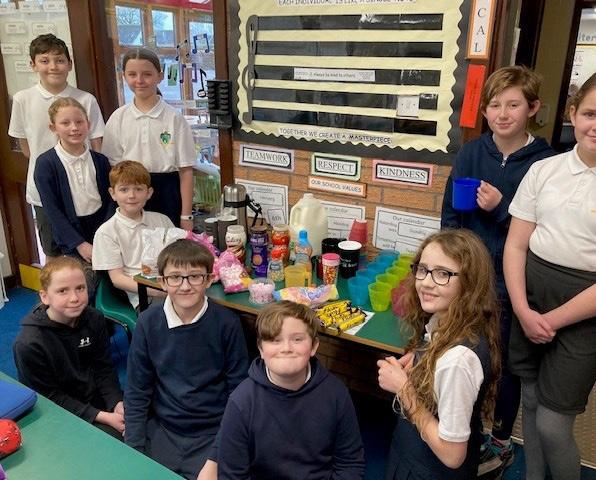
Well done Joey Slatter for your caption contest entry!
 Donnie Rosie (Unsplash.com)
Donnie Rosie (Unsplash.com)

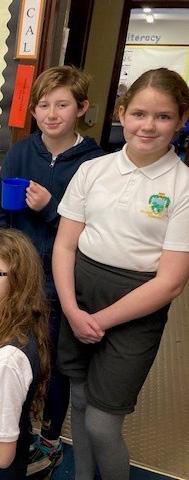
2 4
COULD YOU FIX A PLANE?
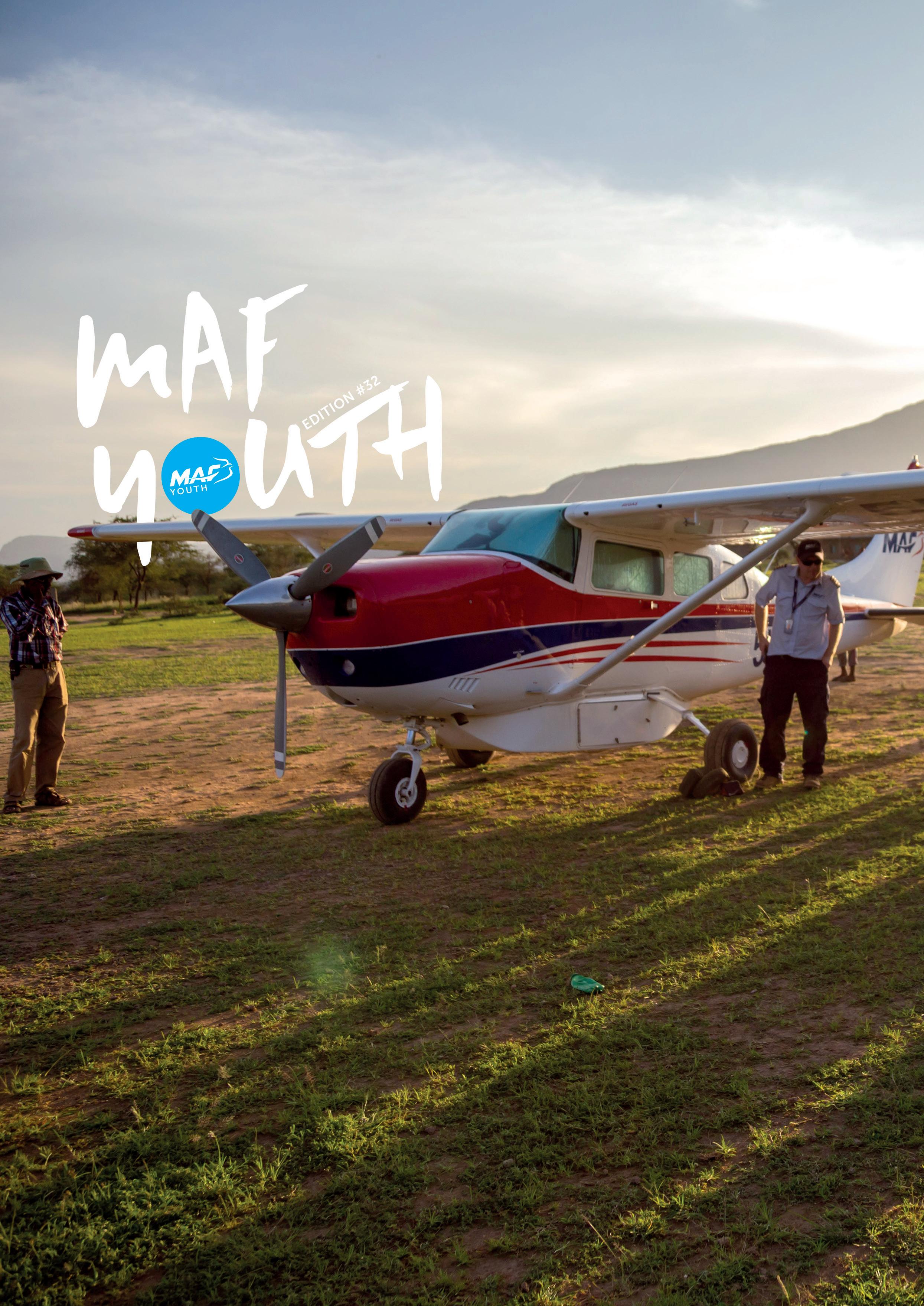
6 WIN A £30 AMAZON VOUCHER

‘BEATEN EVERY 30 SECONDS’
